Snippets from conversations I have had with audience members after performances that give an idea of how flamenco is viewed by U.S. audiences:
Where are you from?
I grew up in New Mexico, but I’ve lived here since 2008 (NYC).
But you must be Spanish.
No, I lived in Spain for a year, but I’m American.
Surely someone in your family must be Spanish.
No, I have no roots in Spain.
I bet somewhere a great-great grandparent was Spanish, where else would you get all that passion?
(What is this?! As if I didn’t have to study for years and years, thousands of hours, but all it really takes is having Spanish blood…But also, what kind of assumptions were made about Latinx and Hispanics with statements such as that?)
You were surprisingly terrific.
(Why was that surprising? Is it my name? You assume I’m not going to be good because I don’t have a Spanish name? Or did someone talk crap about me and you actually saw me dance and were able to judge for yourself? Either way, assumptions are never a good idea…)
This conversation was entirely in Spanish:
Your dancing was beautiful. What’s your name?
My name is Alice
What’s your last name?
Blumenfeld
Oh, well that must be your married name.
No, I’m not married, that’s my family name.
Well one of your parents must have a Spanish last name.
No
*utterly confused look*
(No, I’m not Spanish. Is that so hard to believe? Also, many dancers have names with Spanish origins or Spanish stage names, which does not mean they have any connection to flamenco or Andalucía.)
That was a really great performance. Where are you from?
I’m from here.
You’re not Spanish?!
No.
So that wasn’t authentic flamenco?! *look of disappointment*
(But if you enjoyed the performance, why does learning the performers were not Spanish suddenly negate the experience of the performance? And the performance was flamenco; it should not matter where the performers are from.)
You blew my mind. I had no idea flamenco could be about more than just sexual tension between a man and a woman. I’ve only see one performance of flamenco before this, and it was all just about the sexy movements of the woman.
(Flamenco is not about being sexy, although it has often been portrayed as so in mainstream culture. I’m glad this audience member was open to seeing me in a different light than the previous performance he had seen.)
Please do not make assumptions about performers, flamenco (or other dance/music genres), or put art forms or performers into boxes of who they are.


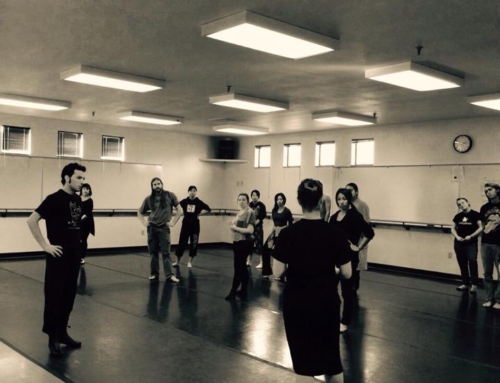
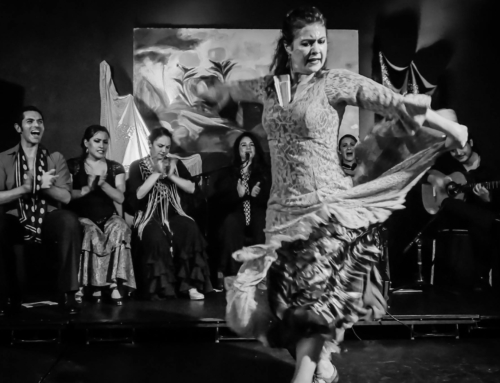
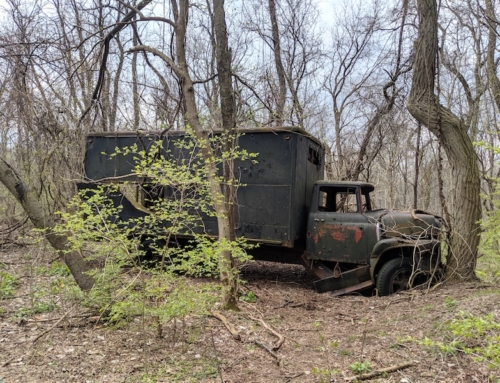

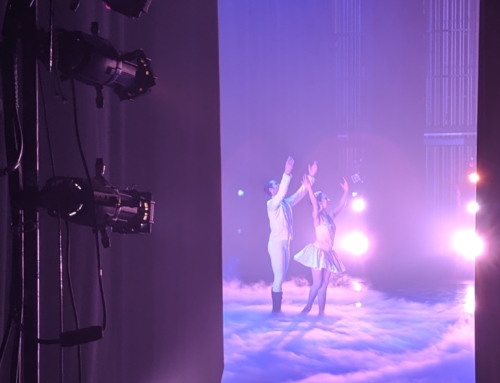
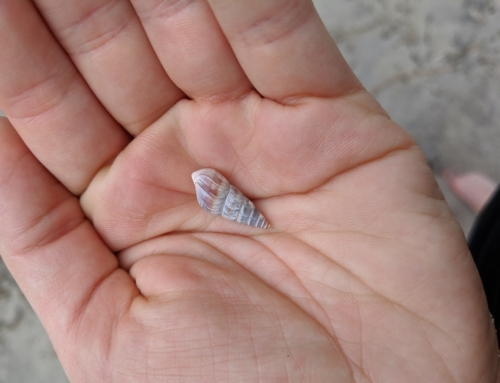

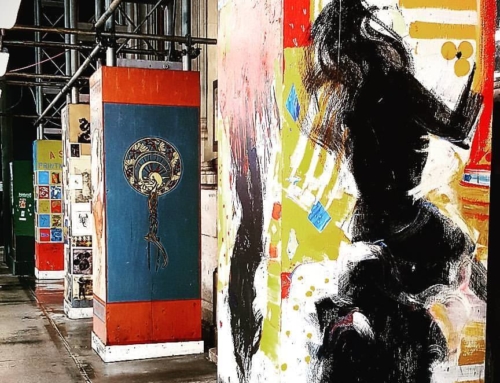
Leave A Comment